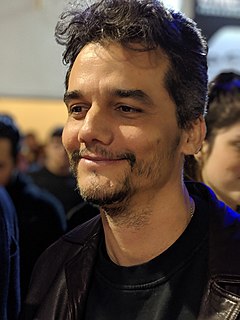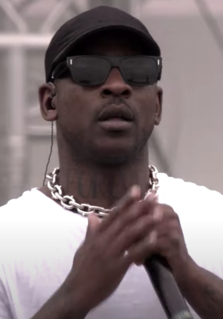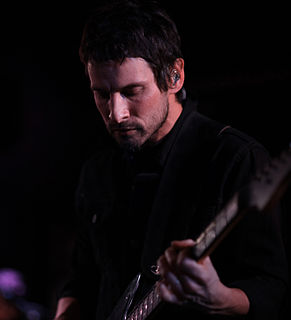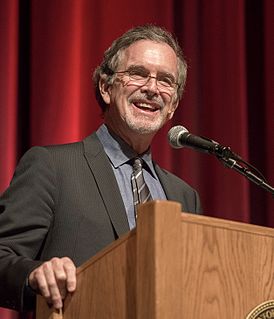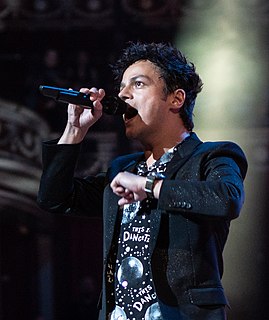A Quote by Wagner Moura
One of the things I like best about Netflix is that they make projects like 'Beasts of No Nation.' It's a film about a reality in an African country where kids were being used to be soldiers in a war. And it made so much sense to me as a citizen of the world.
Related Quotes
When I was a youth, to be called 'African' was a diss. At school, the African kids used to lie and say they were Jamaican. So when I first came in the game, and I'm saying lyrics like, 'I make Nigerians proud of their tribal scars/ My bars make you push up your chest like bras,' that was a big deal for me.
It's already not as easy, in the sense that interesting roles for girls and women tend to be few and far between. That's just the reality that I think most people would agree with. So that can be frustrating. I just get sent so many things that are like, "So, here's another story about a guy...." But that's just what it is. I'm kind of getting more excited about developing my own stuff, or getting involved early in projects and doing my best to make things that I care about happen.
If an American is concerned only about his nation, he will not be concerned about the peoples of Asia, Africa, or South America. Is this not why nations engage in the madness of war without the slightest sense of penitence? Is this not why the murder of a citizen of your own nation is a crime, but the murder of citizens of another nation in war is an act of heroic virtue?
When I see an entire community disenfranchised, it disturbs me. Not that I'm a message guy, per se. I write about people. I like to write about human beings, not crap political rhetoric. I've tried to avoid that all my life. When I wrote about soldiers in Vietnam, I wasn't trying to make a political statement. I was trying to write about how screwed things were for soldiers, and how they still are.
As you get older, your songwriting starts to become less and less about you, and especially when you have kids and a family. You start to see the world through other people's eyes a lot more to the point where it's hard to go back and relate to that "me against the world" perspective that I think a lot of my earlier songs were about. It's not so much about "me against the world," it's, how do you make the best possible future for your kids to grow up in?
My dad and mom were more like World War II-era parents, even though it was the 1960s, because they were both born in the '40s. They were young adults before the '60s even happened, and married, and already having kids. But by the time we were adolescents in the '70s, the whole culture was screaming at parents, "You're a good parent if you're open with your kids about sex." They attempted to be open with us about sex, and it made them want to die, and consequently, it made us want to die.
Americans love to talk about the Constitution and how it protects the rights of every citizen and promises freedom to every citizen, but it's also a country based on racism and they don't talk about that too much and every time there's a film which deals with it there's certain parts of the country that feel uncomfortable.
If I ever thought of directing again, I mean - I don't know, even the idea of directing a film is a strange one for me, because I feel kind of anti mathematics in a way in that sense. Anti - I don't like when things make sense, I prefer if they don't, so if I made a film, it wouldn't make any sense and no one would see it. So maybe I'll just make little films at home with my phone, never to be released.
For sure I see so much in Sudan that is wonderful, normal life - young entrepreneurs starting up NGO projects, kids mucking around and being kids. Everything else that happens in normal life in any part of the world, and we never get that in our media coverage. We only talk about Sudan once it's in crisis, so we end up with a distorted sense of what daily life is like for a lot of people.
If you make a film and then two and a half, three years later, suddenly the country's changed and you look like you just happened to hit it. I actually like being contrarian. I would have preferred to come out three years ago when everyone was disagreeing with me. But hopefully it asks a lot of questions about our responsibility in sending young men and women to war, especially a war that's so complex, where there's no right answer, where they're forced with impossible decisions every day.
